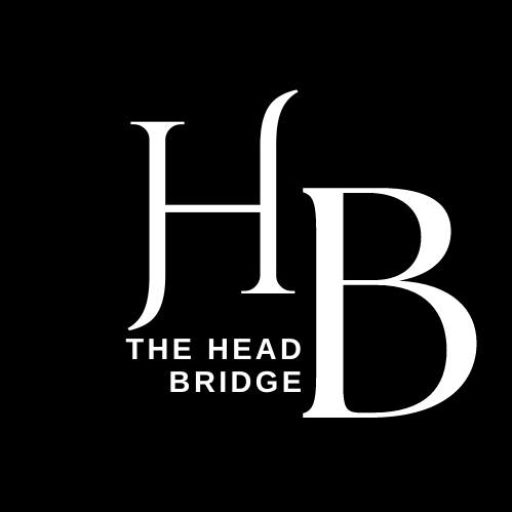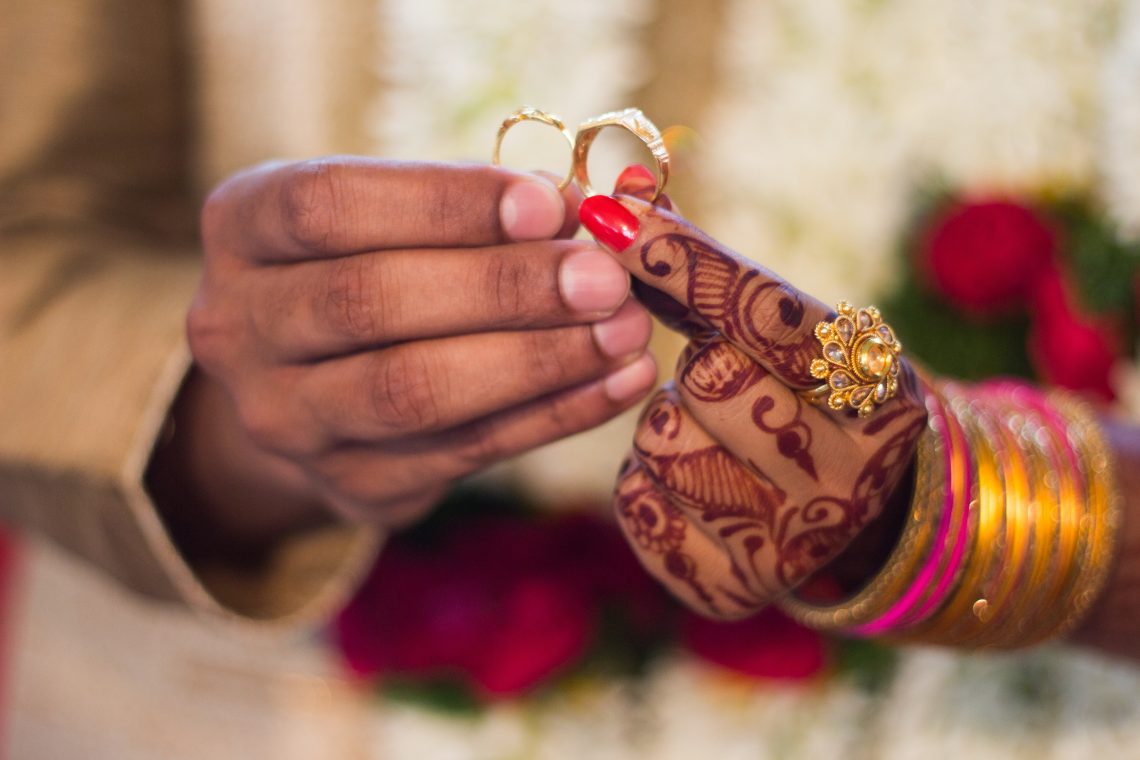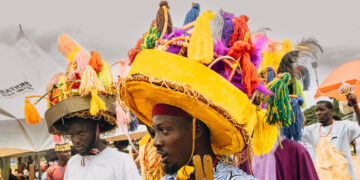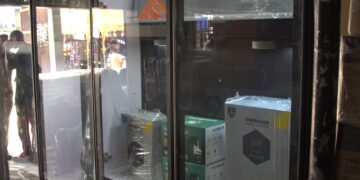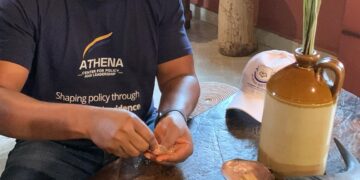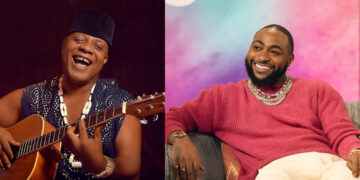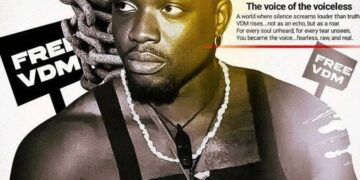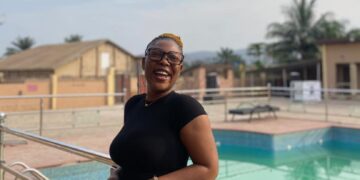Dating and Marriage as a Poverty Alleviation Program | In a thought-provoking discussion titled “Why Do Some Ladies Now See Dating/Marriage As Poverty Alleviation Programme,” a Nigerian forum member highlighted an observation regarding the shift in perspective among some women. The member noted that many women have transformed themselves into what he described as “absolute parasites,” referring to those who label men as “broke and lazy” if they cannot or choose not to fund their desired lifestyle. The post also explored potential reasons behind this mentality, including entitlement, herd mentality, association, and poor parental orientation.
Reacting to this topic, some members pointed out certain factors that influence the mindset.
Unrealistic Expectations and Materialism
One member of the forum emphasized unrealistic expectations and materialistic desires. They highlighted the case of grown women who, despite their fathers only providing them with basic necessities, put their partners under pressure. The member questioned the logic behind considering a young man “lazy, broke, and useless” simply because he doesn’t possess a significant amount of money in his bank account, while their own fathers may not have achieved substantial financial success.
Societal Influence and Financial Security
The deteriorating state of the Nigerian economy was raised as a contributing factor by another forum member. They argued that societal morals have been negatively impacted, with parents often pressuring their daughters to marry wealthy individuals. Even financially independent women still seek financial security from their partners. The member also highlighted the irony that some vocal feminists, who criticize men online, secretly desire a man who can shield them from any form of hardship.
Ignoring Red Flag and Material Gain
The discussion expanded to include instances where women ignore warning signs, such as occultic behaviors, in pursuit of financial gain. Despite recognizing these red flags prior to marriage, some women prioritize the steady flow of money and the illusion of a secure future. This behavior can lead to detrimental consequences and entanglement with individuals involved in illicit activities.
Marriage as an Economic Transaction
In certain Nigerian and African cultures, marriage continues to be viewed as a means of alleviating poverty. The steep bride prices demanded by some tribes set a high bar for potential suitors. Falling into this trap can result in becoming the indirect breadwinner for the bride’s family, adding financial burdens and expectations on the husband.
Materialism and Laziness
Another perspective emphasized the materialistic tendencies and laziness prevalent among some women. These individuals exhibit a lack of willingness to engage in honest work but actively seek out men who can provide them with luxurious items, such as iPhones and expensive wigs. These women prioritize material possessions over personal growth or independent financial stability.
Economic Challenges for Both Genders
One member acknowledged the difficulties faced by both men and women in a challenging economy. They asserted that everyone is searching for an easier way out, implying that the economic hardships faced by both genders contribute to the prevailing mindset.
Marriage and Wealth Disparity
The final perspective shared was the observation that, in Africa, it is common to see wealthy women marrying wealthy men, while rich men often marry financially disadvantaged women. The member expressed confusion and speculated that it may be a curse contributing to the perpetuation of wealth gaps.
Conclusion: A Complex Interplay of Factors
The discussion on why some women view dating and marriage as a poverty alleviation program reveals a complex interplay of societal, economic, and personal factors. Unrealistic expectations, materialism, societal pressures, and financial security considerations contribute to this perspective. It is crucial to recognize that these viewpoints do not represent all women but rather shed light on specific experiences and observations.
As with any societal issue, understanding diverse perspectives and engaging in open dialogue can contribute to positive change. By addressing the underlying challenges of economic disparity, cultural norms, and unrealistic expectations, society can work towards fostering healthier relationships based on mutual respect, shared values, and personal growth.
Have You Read: Challenges of Inter-Tribal Marriage between Igbo and Yoruba in Nigeria
